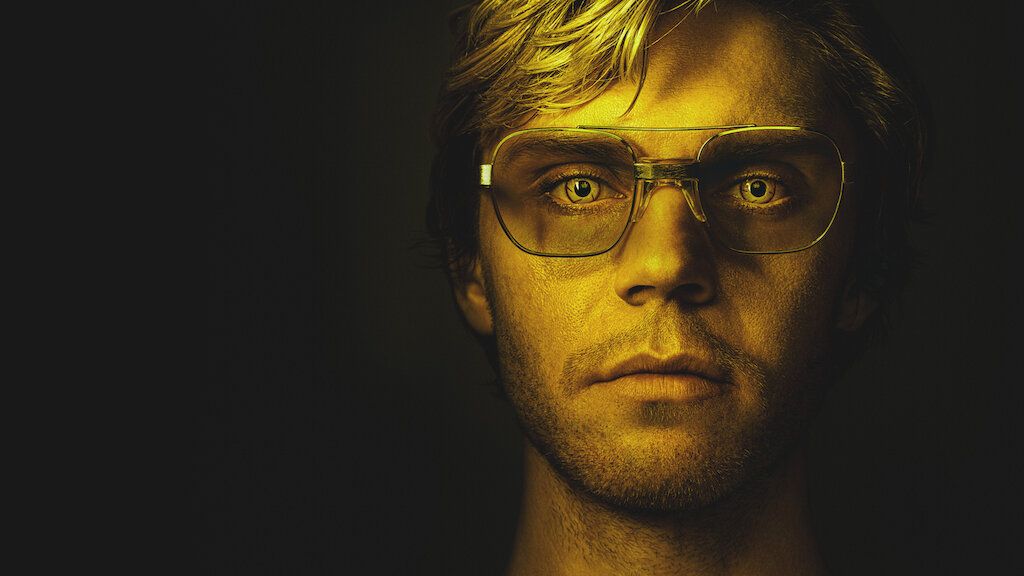True crime is massively popular – but is it ethical?
True crime has seen a real boom in popularity lately. But is society’s true crime obsession a good thing?

A few minutes every morning is all you need.
Stay up to date on the world's Headlines and Human Stories. It's fun, it's factual, it's fluff-free.
True crime has seen a real boom in popularity lately. There are so many true crime TV shows, documentaries, movies, podcasts, books…
But is society’s true crime obsession a good thing?
In September, Netflix released a new re-telling of the life of Jeffrey Dahmer, an infamous American serial killer who committed unspeakable crimes – including cannibalism. There were a lot of controversies attached to this project. “Monster: The Jeffrey Dahmer Story” was created by Ryan Murphy and Ian Brennan. Evan Peters stars as Dahmer, and the series became an instant hit for the streaming service. But, it received backlash almost as soon as it came out.
Dahmer’s victims’ families say the creators never contacted them about the show beforehand. The sister of one of the murder victims, Rita Isbell, said: “I was never contacted about the show. I feel like Netflix should’ve asked if we mind or how we felt about making it. They didn’t ask me anything. They just did it. But I’m not money hungry, and that’s what this show is about, Netflix trying to get paid.”
This is one example of how controversial true crime can be when it’s sensationalized and sold to an audience.
The exploitation of victims and their families is a huge problem. And using their stories for true crime entertainment can even retraumatize them. Because facts aren’t really something you can copyright, the people affected by a crime don’t always have a right to the money made from their stories.
It can also affect how we think about the world of actual crime. For instance, the genre often promotes a view of crime that disadvantages Black people. It can twist how we think of where crime happens and who the victims are. “Black women, for example, are majorly missing from crime shows as victims of violent crime. And [whose story is and isn’t told] does matter, because it’s a direct depiction of whose lives are valued,” explained Kristen Marston, the director of culture and entertainment advocacy at a racial justice organization called Color of Change.
“What happened to me is not ‘a story,’” said attempted murder survivor and victims advocate Patricia Wenskunas. “It’s my life.”




Comments ()